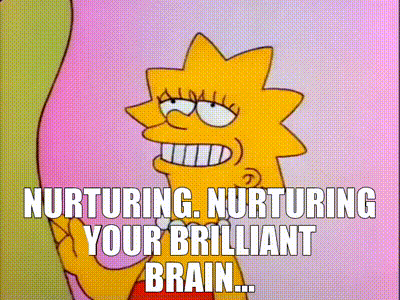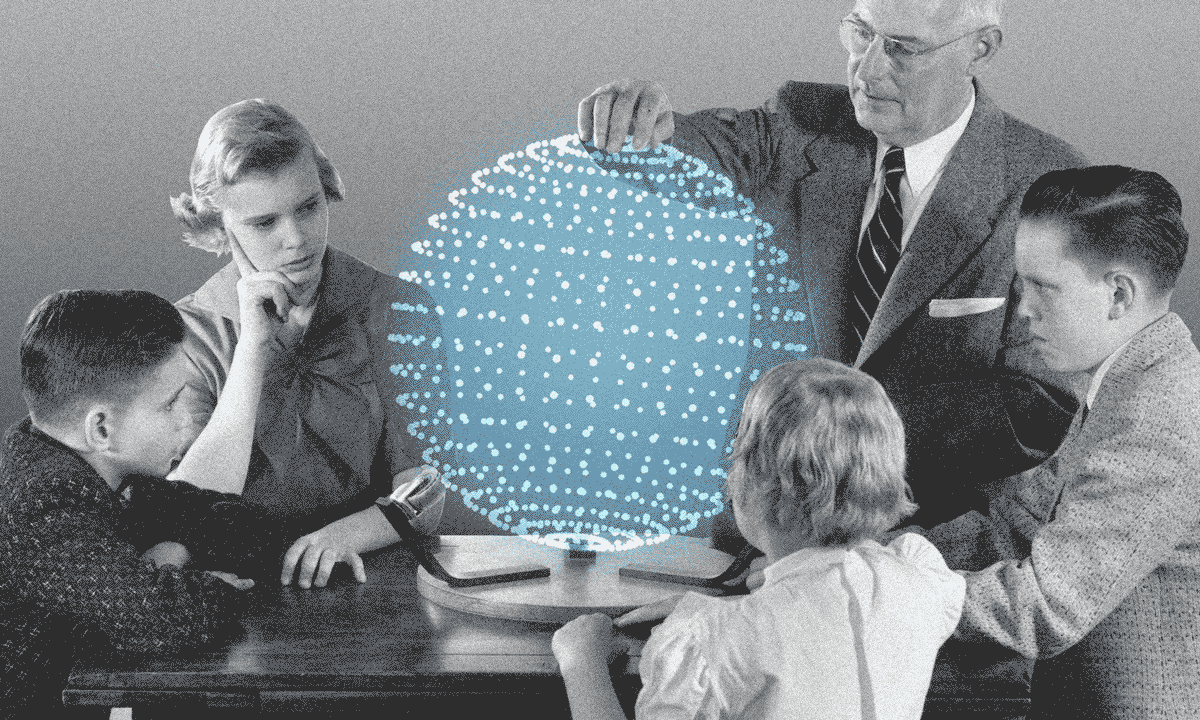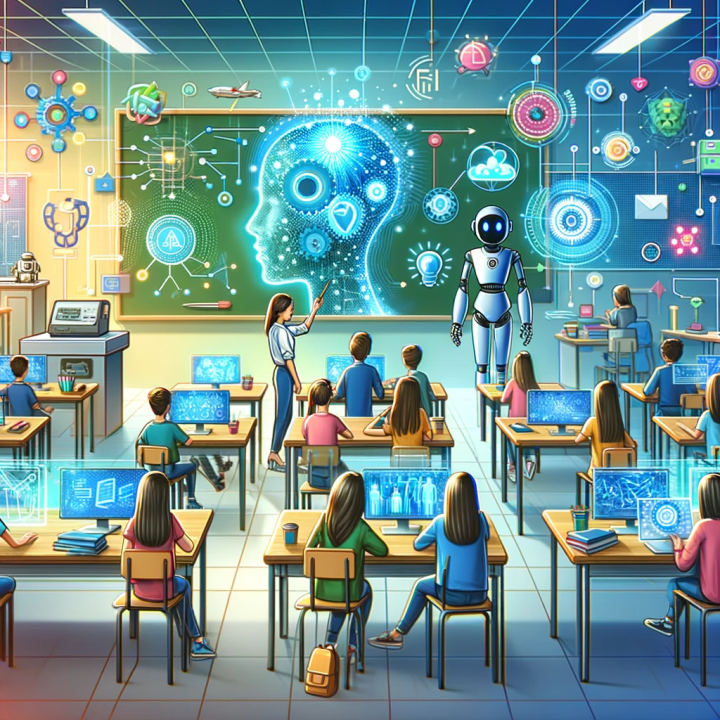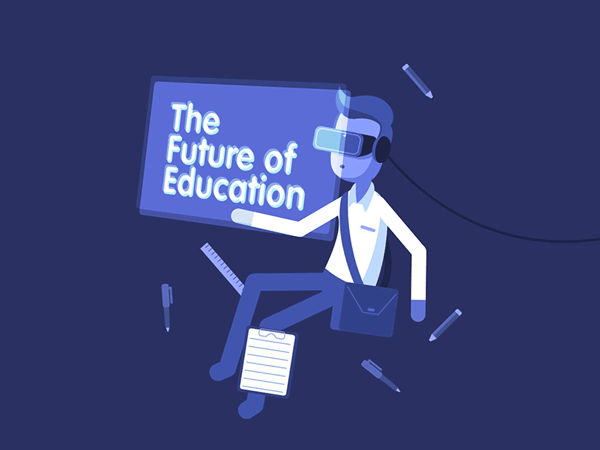“Holistic education is based on the understanding that each individual has unique needs and strengths that must be nurtured and developed”- Ernest Boyer
Born into a family of educators, I was raised amidst elders who instilled in me a thirst for knowledge. I vividly recall a conversation in my high school, with my late grandmother (a school headmistress), imparting invaluable wisdom: She said- ” Tina Passing exams isn’t enough; it’s about applying what you learn in real life.” Though I didn’t grasp the significance then, her words resonated as I entered college. With her gentle guidance, I chose Psychology and later realized the subject’s practical applications align perfectly with her advice. Today, fueled by her enduring wisdom, I’m driven to pursue Education with Psychology as my specialization, a field where theory meets practice seamlessly. My mom (an educator) and many educators have inspired me in this journey and I draw my knowledge and teaching-learning philosophy from their guidance and wisdom.

At the heart of my teaching-learning philosophy lies the profound notion of nurturing students, igniting within them a fervent passion for lifelong learning. I believe in fostering an environment where flexibility reigns supreme, allowing learners to embark on a journey of critical thinking, driven by their innate curiosity and interests. As both a teacher and a student, I embrace a multidimensional perspective, recognizing the symbiotic relationship between educator and learner. I advocate for a rich collation of teaching strategies, ensuring each classroom experience is nothing short of exhilarating. Above all, I believe in an inclusive and positive learning environment that celebrates diversity and empowers all.
Having said this I’d like to iterate that Learning theories, while valuable, cannot stand alone in comprehending the intricacies of human learning. Our complexity defies singular explanation; each mind, body, and soul learns uniquely, often in ways beyond our understanding. To adhere to one theory is to dismiss the profound uniqueness within us, diminishing the richness of human learning experiences. Also having studied and practiced learning theories, my perspective aligns with a multidimensional model, acknowledging the intricate interplay and mutual reliance among different theories.

Let’s examine the Behaviourists and their ideology:
Behaviorism revolves around core concepts such as reinforcement, punishment, and conditioning. These concepts underscore how behaviors are acquired and modified through environmental stimuli and responses. Embracing Behaviorism entails recognizing its profound influence on understanding learning processes and shaping educational practices.
While rewards and punishments wield influence, the essence of learning transcends their grasp, incorporating complexities that beckon exploration into the depths of cognition and human potential.
The depiction of Behaviorism by J.B. Watson and B.F. Skinner strikes me as superficial, lacking depth in comprehending the intricate fragments of the human brain and behavior. Their reductionist stance merely presents unsolved puzzle pieces. Understanding learning necessitates embracing its multifaceted nature, tailored not to a one-size-fits-all approach but to individual dimensions. Their narrow perspective I feel constrains the broader soul of learning, urging us to question: which size fits whom in this intricate blend of cognition?
Moving on to Cognitivism:
In the late 1950s, learning theory underwent a notable shift, moving away from behavioral models towards the cognitive sciences. In this theory, learning and behavior were perceived as more than mere external reactions; they delved into the intrinsic realms of cognition. Cognitive theorists emphasized the significance of mental cognition over mere observation. Memory and cognition emerged as focal points, spotlighting the intricate workings of the mind and underscoring their crucial role in shaping human understanding. This change emphasized complex cognitive processes like problem-solving and language comprehension. Instead of solely emphasizing on observable behavior, the focus turned towards nurturing mental processing.
As a result, instructional design strategies began to prioritize guiding student interaction with learning systems. This evolution recognizes the pivotal role of cognitive theories in comprehending learning processes and highlights the significance of fostering deeper engagement and comprehension, rather than merely surface-level performance, within educational environments.
By acknowledging the importance of internal mental processes, educators can better tailor learning experiences to promote meaningful understanding and application of knowledge, thereby facilitating more effective and lasting learning outcomes for students.
Next Constructivists’ theory…
Constructivism posits that learning is driven by problem-solving, with individuals constructing their own understanding through reflections on past experiences. In this method of learning, learners are empowered to articulate their comprehension, transcending passive roles. Knowledge is not unilateral but a shared endeavor, fostering a culture where voices are valued without judgment. Here, teachers relinquish authority, becoming facilitators who nurture dialogue, enabling collaborative exploration and mutual understanding. It primarily emphasizes active engagement, where learners develop their understanding through their actions and the consequences thereof. This epistemology underscores that deep comprehension arises from personal construction rather than passive reception of information. In essence, individuals grasp concepts profoundly only through their own cognitive efforts, highlighting the dynamic nature of learning and the significance of reflection in knowledge acquisition and development.
Does this help? Yes, it does help. Even toddlers learn through trial and error, gradually understanding cause and effect. As they grow, they develop critical thinking by analyzing outcomes. Problem-solving skills empower them to navigate consequences effectively, demonstrating the principles of Constructivism in learning and development.
Personal Standpoint:
In my educational journey, I stand for the convergence of theories: effective teaching and learning strategies require a synthesis of various theories, encompassing both Behaviorism and cognitive sciences. While Behaviorism highlights the role of environmental stimuli and responses in shaping behaviors, cognitive theories emphasize complex mental processes and active engagement in learning. Constructivism underscores the importance of problem-solving and personal construction of understanding through reflection on past experiences. By integrating these theories, educators can create specific learning experiences that promote deep comprehension, critical thinking, and effective problem-solving skills, fostering more meaningful and lasting learning outcomes for students at all levels of education.





